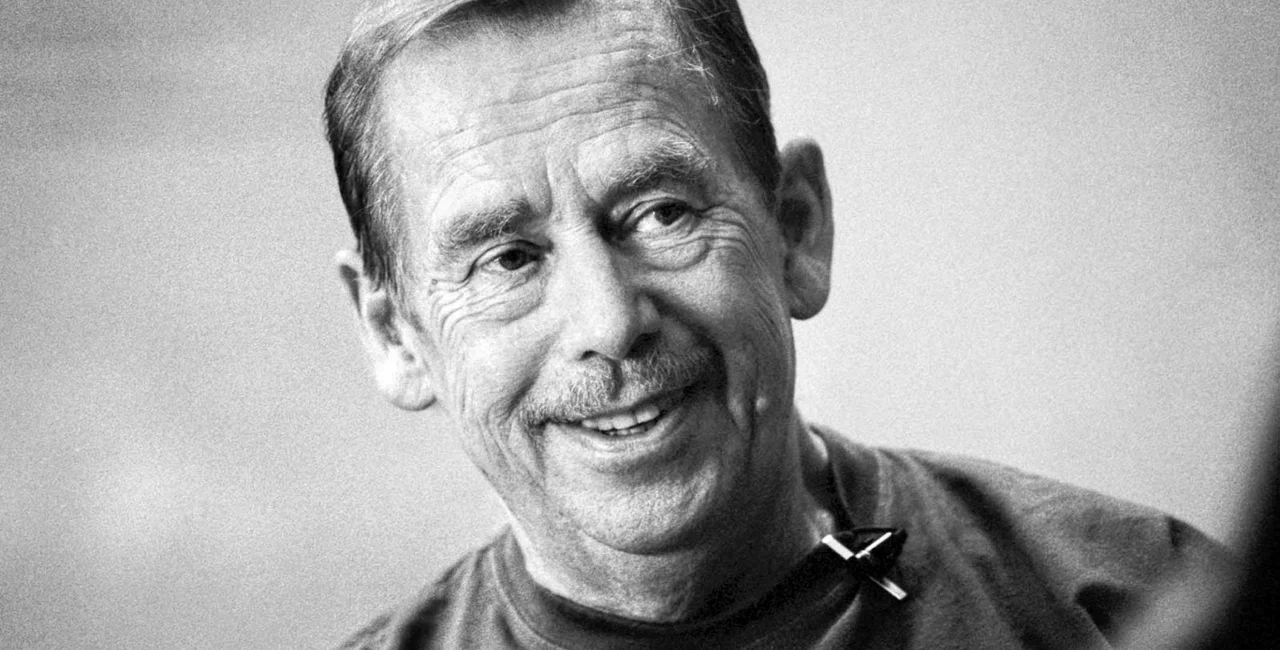Hradecek, East Bohemia, Oct 7 (CTK) – Late Czech president Vaclav Havel’s widow, Dagmar Havlova, wants to build a hotel and museum dedicated to her late husband near Havel’s country home in Hradecek, daily Mlada fronta Dnes (MfD) writes.
According to CTK’s information, the planned Hradecek Resort would be built about 300 metres from the house. Additional information released by the Czech media, however, suggests that Havlova may face issues with the project as the pastures on which she would like to build are part of the Natura 2000 European Protected Areas system.
Marek Hliza, from the zoning plan section of the town hall in the district centre Trutnov, confirmed that Havlova applied for a change in the zoning plan and submitted information on the planned Hradecek Resort project. The decision on the application has not yet been made.
Lucie Potuckova, mayor of the small town Mlade Buky whose territory includes Hradecek, told MfD that she was not against the project. “I’ll support anything that will make the place lively. On the other hand, I don’t want any gigantic buildings to emerge there,” she said.
Potuckova said that the area is not zoned for major construction, due to the lacking infrastructure and sewerage system.

Havlova has no comment on the issue, Barbora Pavlovska, from the Vision ’97 foundation of Dagmar and Vaclav Havel, told the paper.
Havel had no children. His second wife Dagmar Havlova inherited the Hradecek estate after his death in 2011.
The dissident playwright was the country’s first post-communist president from 1989 until 2003. He died at his home in Hradecek at the age of 75. He had met other dissidents in Hradecek and the Charter 77 human rights manifesto and the 1989 Several Sentences petition were formulated there.
Havel stayed at this house also when he was president. In 1999, he hosted United Nations secretary general Kofi Annan there, for example.
Havel purchased the estate for 14,000 CZK in 1967. At the time of normalization, it served as a place where the playwright went into internal exile from Prague. Several of his plays feature his cottage as a setting and describe the difficulties experienced by an urbanite in a small village.












 Reading time: 2 minutes
Reading time: 2 minutes 



























